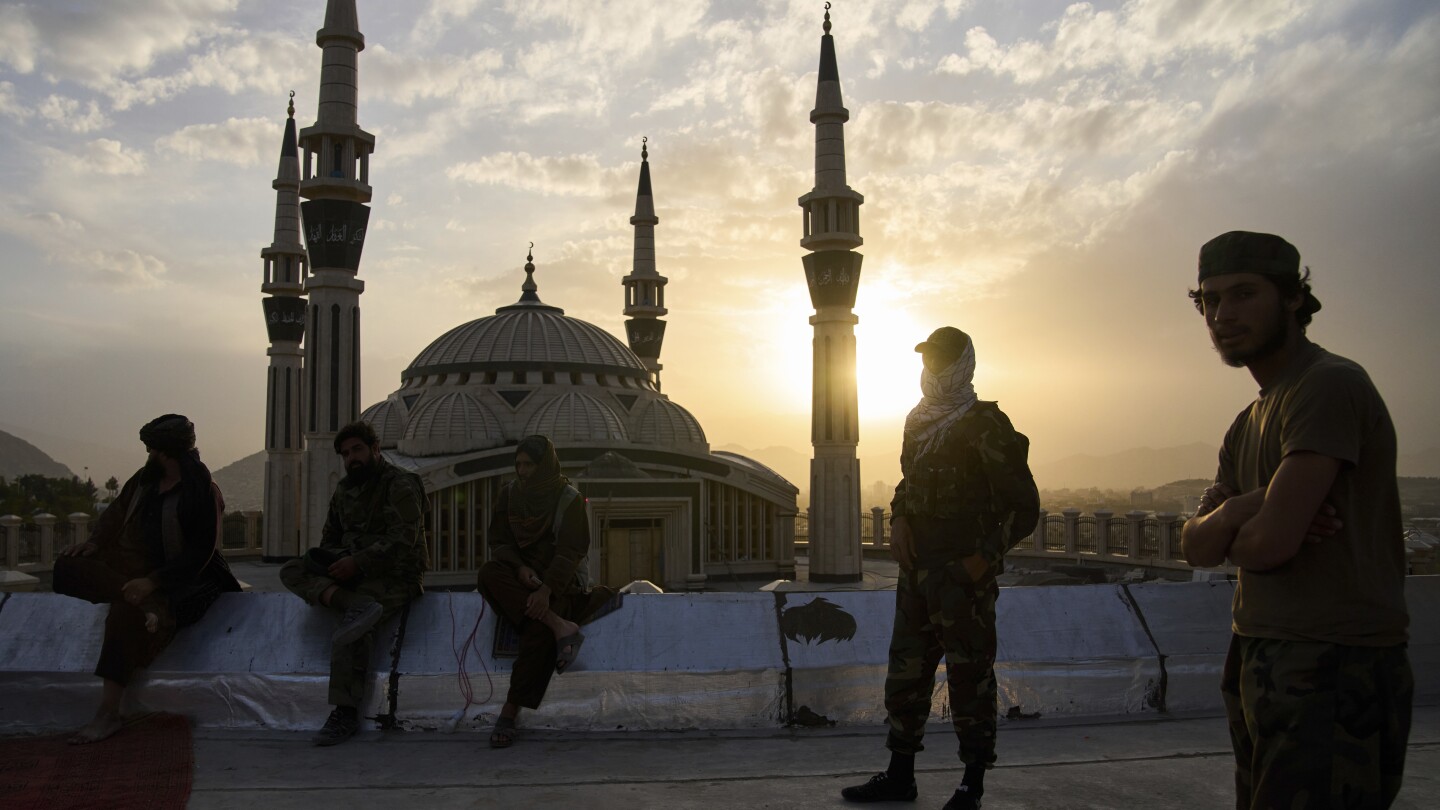UNITED NATIONS — In a decisive move that underscores global unease, the United Nations General Assembly adopted a resolution on Monday urging Afghanistan’s Taliban rulers to reverse their increasing oppression of women and girls and to dismantle terrorist organizations. The resolution, which faced objections from the United States, reflects a significant international consensus on the dire situation in Afghanistan.
The resolution, spanning 11 pages, also highlights the necessity of fostering economic recovery and development in Afghanistan. It calls on international donors to address the severe humanitarian and economic crisis gripping the nation. Despite its non-binding nature, the resolution serves as a potent expression of global sentiment, with 116 countries voting in favor. The United States and Israel opposed the resolution, while 12 nations, including Russia, China, India, and Iran, abstained.
Global Reaction to Taliban’s Rule
Since the Taliban’s return to power in 2021, the group has imposed stringent restrictions, notably banning women from public spaces and prohibiting girls from attending school beyond the sixth grade. The international community has watched with growing concern as these measures have eroded the rights of women and girls in Afghanistan. Last week, Russia became the first nation to formally recognize the Taliban government, adding a new dimension to the geopolitical landscape.
Germany’s U.N. Ambassador Antje Leendertse, whose country sponsored the resolution, expressed deep concern over the human rights situation in Afghanistan. She emphasized the resolution’s core message: Afghan women and girls, as well as those suffering from terrorism and economic hardship, have not been forgotten by the international community.
“The resolution is a message to Afghan mothers holding sick and underfed children or mourning victims of terrorist attacks, as well as the millions of Afghan women and girls locked up at home, that they have not been forgotten,” said Ambassador Leendertse.
U.S. Opposition and Criticism
U.S. minister-counselor Jonathan Shrier criticized the resolution, arguing that it rewards the Taliban’s failures with increased engagement and resources. He expressed skepticism about the Taliban’s willingness to align with international expectations, citing decades of American support for the Afghan people.
“For decades we shouldered the burden of supporting the Afghan people with time, money, and, most important, American lives,” Shrier stated. “It is time for the Taliban to step up. The United States will no longer enable their heinous behavior.”
In a related move, the Trump administration recently banned Afghans from permanently resettling in the U.S., with limited exceptions for temporary stays. This policy shift underscores the administration’s hardline stance on the Taliban’s governance.
Humanitarian Concerns and Regional Dynamics
The resolution also acknowledges the contributions of countries hosting Afghan refugees, particularly Iran and Pakistan, which have taken in significant numbers. However, Shrier criticized Iran for allegedly executing Afghans without due process and forcibly conscripting them into militias.
While the resolution notes some improvements in Afghanistan’s overall security, it raises alarms about ongoing threats from al-Qaida, Islamic State militants, and their affiliates. It calls on Afghanistan to actively dismantle all terrorist organizations without discrimination.
The General Assembly encouraged U.N. Secretary-General Antonio Guterres to appoint a coordinator to facilitate a more coherent and structured international approach to Afghanistan.
Looking Forward
The adoption of this resolution marks a critical juncture in international efforts to address the complex challenges facing Afghanistan. As the world watches, the resolution serves as a reminder of the global community’s commitment to human rights and security in the region. The next steps will involve navigating the geopolitical tensions and humanitarian needs that define Afghanistan’s current landscape.
Moving forward, the international community will need to balance diplomatic engagement with the Taliban against the imperative to uphold human rights and counter terrorism. The resolution’s call for a coordinated approach underscores the need for a unified global strategy to support Afghanistan’s path towards stability and prosperity.




































































